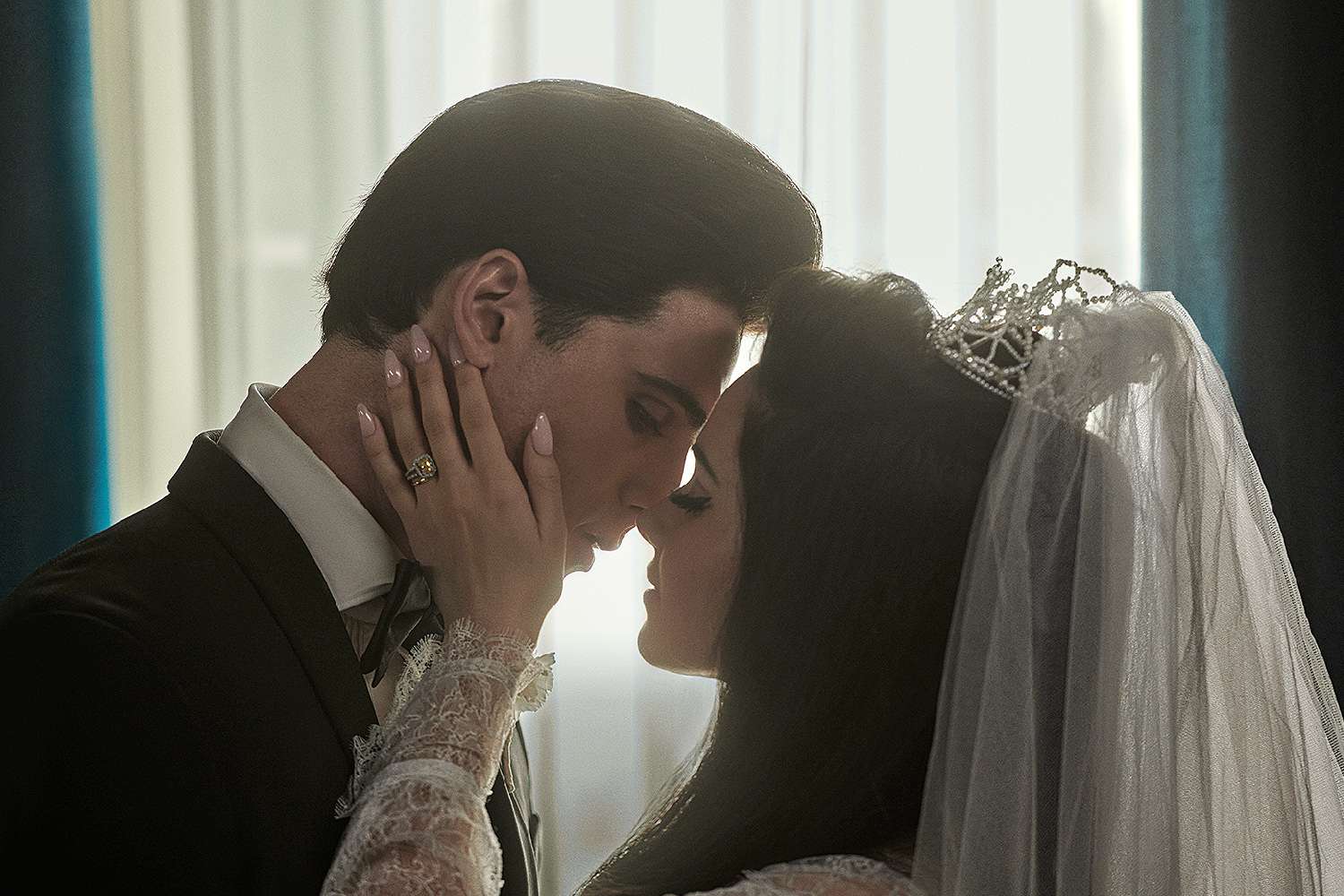Priscilla

Originally published on 09/10/23 on Letterboxd
Often feels as if it’s fashioned from china- a work of such precise, suffocating formal precision and grace that the slightest disruption in its structure might case the film to shatter into hundreds of shards. That very fragility, of course, is precisely what lends the dynamic between Elordi and Spaeny’s rendition of larger-than-life symbols of Americana a somewhat spectral quality. Analog, engineered history plays out exactly as you’d expect it to, but there’s always an eerie sense of the off-kilter that Coppola is so skilled at deploying in where you wouldn’t necessarily expect it to be- take the framing of Elordi’s Elvis in the film’s penultimate scene, for instance. Already, he seems to be slipping away into the hollow shell of a performer that Colonel Tom Parker would mould him into until there was nothing left to mould. The buoyancy, the tangible material security afforded to Priscilla by his very presence, the face that maintained that waxlike grin- all of it has melted away, and now there’s just a lanky impersonator donning an Elvis costume bathed under harsh red lighting. What is most impressive to me about this- the film’s most quietly devastating series of gestures- is that although it marks the moment where Priscilla can finally sever herself from the gilded cage of being Elvis’ wife, daughter and mother all in one, it never descends into cheap, exploitative vilification in service of “liberation”. Instead, we see him not through the lens of history but through that of Priscilla- a lumbering, helpless boy-man who seems as if he needs to be taken care of. We understand exactly what would drive him to mould her into becoming an extension of himself, and we understand exactly why she is so desperate to become someone, anyone else by its end.
